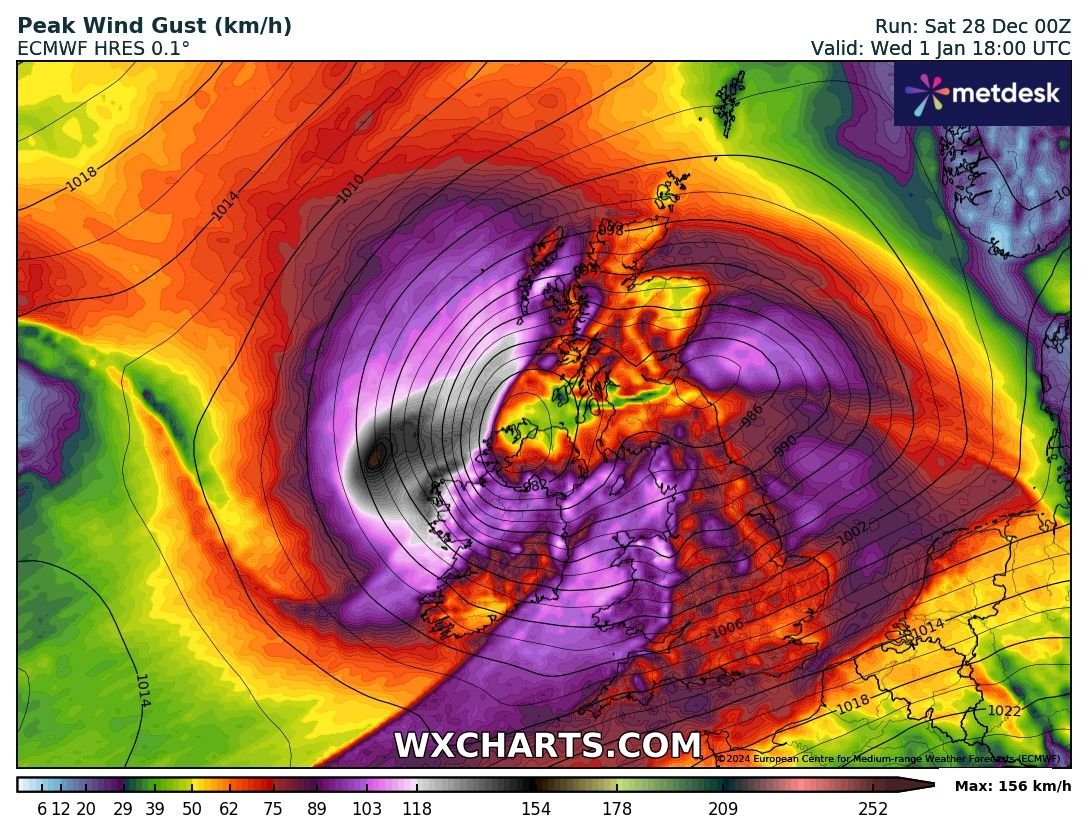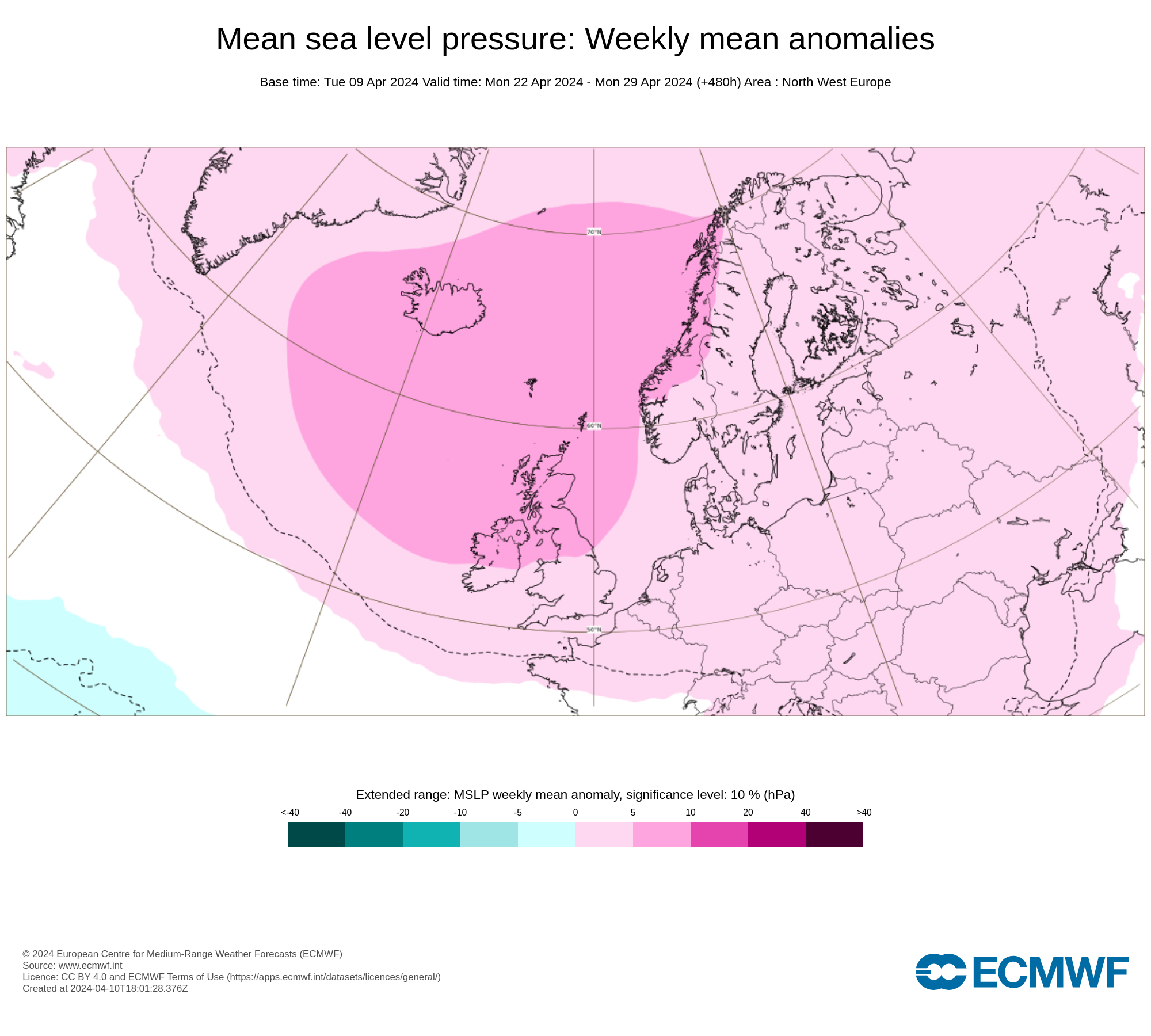Four Chinese cities on lock down - China struggling to contain the Wuhan virus with 17 people dead and up to 570 people infected
Four Chinese cities with a total population of 20 million have been put on lockdown and Beijing has cancelled a number of major public events in an attempt to contain the spread of a deadly coronavirus outbreak.
Authorities banned transport links from Wuhan, the capital of Hubei province, on Thursday morning, suspending buses, subways, ferries and shutting the airport and train stations to outgoing passengers. Later in the day, the nearby central Chinese cities of Huanggang, Ezhou and Chiba also announced traffic restrictions to prevent residents from leaving.
Starting at midnight, long-distance buses, the rapid transit system, and train station in Huanggang would be shut, according to a notice from the local government. Movie theatres, internet cafes, and other entertainment venues would all stop operating. Residents should not leave the city, except for “special reasons”.
A government notice in Ezhou said the city’s railway would stop operating Thursday evening. In nearby Chiba, authorities said buses and rural transport links would be halted. Officials also ordered tour operators to cancel operations and said no more large-scale cultural events were to be held.
Meanwhile the state-run Beijing News said the capital had cancelled events including two well-known lunar new year temple fairs. Separately, the country’s railway operator, China State Railway Group, said passengers would be able to receive full refunds on tickets nationwide starting on Friday.
There have been 633 confirmed cases of the coronavirus, from the same family of viruses that gave rise to Sars. Officials worry the lunar new year holiday, when hundreds of millions of Chinese will crisscross the country, will exacerbate an outbreak that has reached almost all of the country’s provinces, as well as the US, Taiwan, South Korea, Thailand, Japan, Macau and Hong Kong.
Chinese authorities have confirmed 95 patients remain in critical condition. Seventeen people have died since the virus was detected in late December, all of them in Wuhan.
In Wuhan, supermarket shelves were empty and local markets sold out of produce as residents hoarded supplies and isolated themselves at home. Petrol stations were overwhelmed as drivers stocked up on fuel, exacerbated by rumours that reserves had run out. Local residents said pharmacies had sold out of face masks.
“When I saw the news when I woke up, I felt like I was going to go crazy. This is a little too late now. The government’s measures are not enough,” said Xiao, 26, a primary schoolteacher in Wuhan, who asked not to give her full name.
continues below
Few pedestrians were out and families cancelled plans to get together for the new year holiday. Special police forces were seen patrolling railway stations. Residents and all government workers are now required to wear face masks while in public spaces. Most outbound flights from the city’s Tianhe airport were cancelled.
“To my knowledge, trying to contain a city of 11 million people is new to science,” Dr Gauden Galea, the World Health Organization’s representative in China, told Associated Press. “It has not been tried before as a public health measure. We cannot at this stage say it will or it will not work.”
Anxiety in Wuhan has been exacerbated by reports that hospitals are turning patients away because they do not have enough room. A hospital contacted by the Guardian on Thursday said it had between 500 and 600 patients and recommended patients go to a community health centre instead. Eight hospitals in Wuhan put out calls for donations of protective equipment, according to Chinese media.
Officials on Thursday said they would build a new hospital in six days to accommodate patients, modelled after an isolation facility constructed in Beijing during the Sars outbreak.
Hubei officials said schools, on break for the spring festival holiday, would delay the beginning of the spring semester, according to the official People’s Daily.
The illnesses from the newly identified coronavirus appeared last month in Wuhan, an industrial and transportation hub in central China. The vast majority of cases in the mainland have been in the city.
The significant increase in illnesses reported this week come as millions of Chinese travel for the lunar new year, one of the world’s largest annual migrations of people. Chinese people are expected to take an estimated 3bn trips during the 40-day spike in travel.
Analysts have predicted the reported cases will continue to multiply. “Even if [the number of cases] are in the thousands, this would not surprise us,” Galea said. The number of cases was not an indicator of the outbreak’s severity, so long as the mortality rate remained low, he added.
The coronavirus family includes the common cold as well as viruses that cause more serious illnesses, such as the Sars outbreak that spread from China to more than a dozen countries in 2002-03 and killed about 800 people, and Middle Eastern respiratory syndrome, which developed from camels.
China is keen to avoid repeating mistakes with its handling of Sars. For months, even after the illness had spread around the world, China parked patients in hotels and drove them around in ambulances to conceal the true number of cases and avoid World Health Organization (WHO) experts.
In the current outbreak, China has been credited with sharing information rapidly, and President Xi Jinping has emphasised that as a priority.
The WHO is holding a second meeting of scientific experts on Thursday, who will recommend whether to declare the outbreak a global health emergency, which it defines as an extraordinary event that constitutes a risk to other countries and requires a coordinated international response.
Click on the tabs below to view the new forecasts available under the forecast section.
2019 CALENDAR NOW ON SALE





























